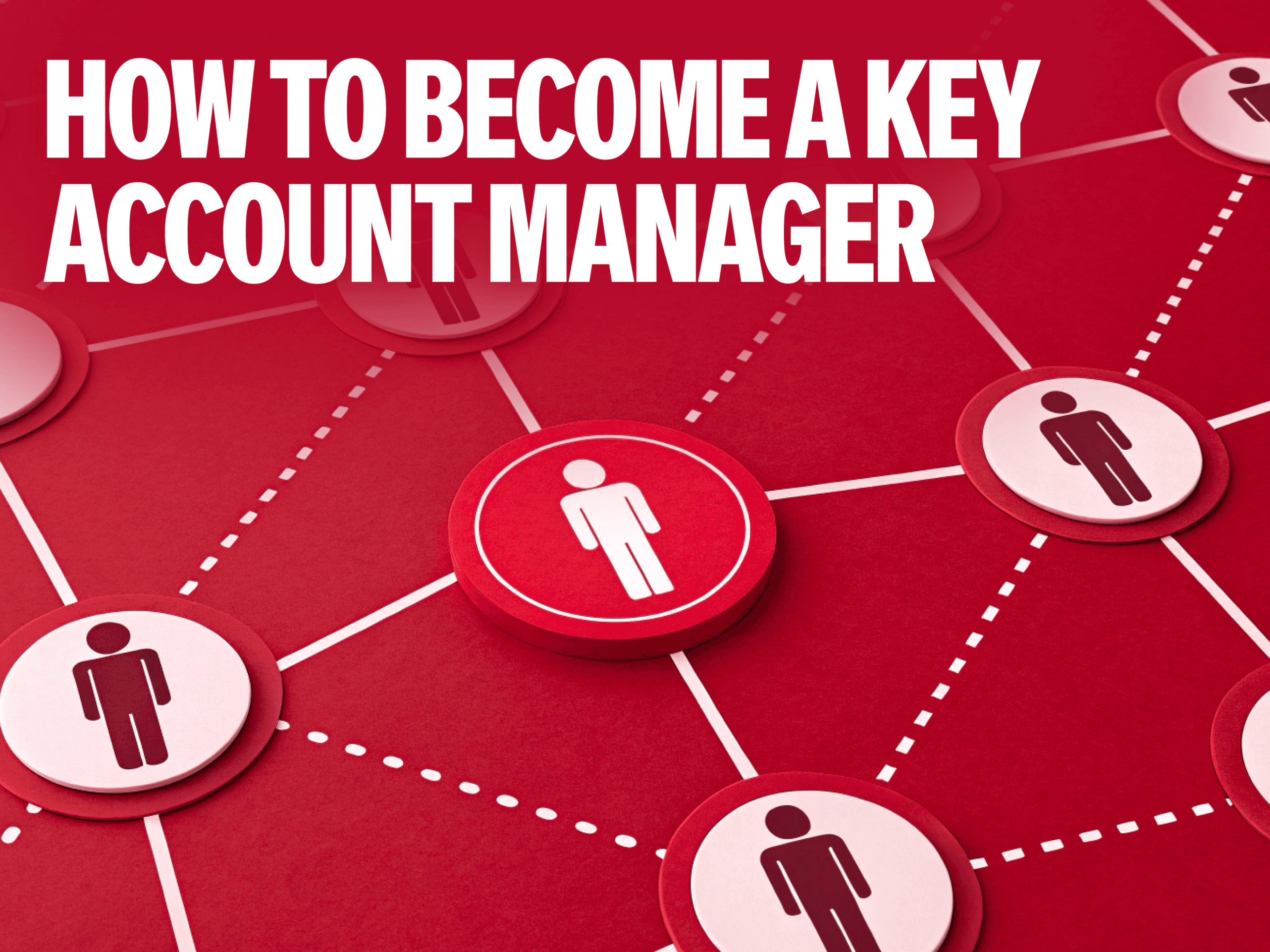What Does a Key Account Manager Do?
The name says it all. A Key Account Manager works with the most valuable customers in a company. These accounts bring in serious revenue, so maintaining and growing these relationships is a top priority.This position is more than just customer support. It’s about strategic thinking, planning, and delivering ongoing value. KAMs work closely with a few assigned customers in a specific assigned territory, helping them grow — which in turn helps the business grow.You’ll often manage performance, solve problems, and help clients succeed in the long run.
Key Responsibilities of a Key Account Manager
Tasks can vary by industry, but core responsibilities often include:
- Manage and grow a portfolio of key accounts.
- Be the go-to account manager for top clients.
- Communicate with the sales team, product team, and service leads.
- Review pricing models, feedback, and opportunities.
- Analyze needs and create tailored solutions.
- Spot upsell and cross-sell opportunities.
- Lead sales operations and ensure smooth delivery.
Basically, you're managing key clients and growing those relationships. You become the main point of contact for top clients, work with sales, product, and service teams.

Metrics That Matter for KAMs
- Revenue growth from key accounts.
- Customer lifetime value (CLV).
- Net promoter score (NPS).
- Retention and renewal rates.
- Expansion revenue (upsells, cross-sells).
- Churn prevention success stories.
The Skills You Need to Succeed
To succeed in this career, you’ll need both soft skills and business insight:
- Clear communication and conflict resolution.
- Ability to maintain long-term partnerships.
- Confidence to lead in fast-changing environments.
- Strong emotional intelligence and empathy.
- Tech and data literacy.
- Knowledge of your market and customer behavior.
- Strategic thinking focused on retention and growth.
Both are important, but practical skills matter more in daily work. Education gives you structure and analytical tools, but success as a KAM comes from communication, adaptability, negotiation, and data-driven decision making. At Yango, what counts most is the ability to adapt quickly and deliver measurable results.
Most people don’t master this overnight. Skills are built over time—through experience, feedback, and often with tools like AI-powered coaching or career planning apps. Want to see how AI can support your growth? Here’s how to use AI as your career coach — from setting goals to preparing for interviews.Today’s candidates don’t need to do it all manually. Whether you’re exploring new roles, building your resume, or preparing for interviews, smart tools can make the process faster, easier, and more strategic.

3 AI Tools That Can Accelerate Your KAM Career
- Teal – Helps you manage job applications, tailor your resume to each opportunity, and track interview progress.
- Huntr – A visual job tracker that also lets you organize your personal branding materials and project portfolio.
- LinkedIn Coach (AI) – Offers personalized feedback on your profile, suggests ways to position yourself as a strategic account lead, and even helps prep for interviews.
How to Start Your Key Account Manager Career
You don’t start here — you grow into it.Step 1. Gain practical experienceStart in sales, customer support, or business development. A role as a sales rep or junior account manager helps build skills quickly.Step 2. Learn your spaceUnderstanding your industry — whether it’s finance, tech, or retail—makes it easier to speak your clients’ language. This helps you deliver more value and better service.Step 3. Apply with intentWhen you submit your job application, focus on outcomes. Talk about how you grew a key account, reduced costs, or improved retention. Use specific numbers if you can. Add a short cover letter. Many applicant tracking systems (ATS) now scan resumes with AI—so formatting and keywords (like "key account manager careers") make a real difference.
My advice is: develop an analytical mindset, learn to read KPIs and turn them into strategies; build strong relationships, since your success depends on your partners; and stay proactive and adaptable, always anticipating challenges and finding solutions fast. A great KAM combines data with human connection.
Here’s why a thoughtful cover letter still matters — even when it’s optional. It’s a simple way to sound human and stand out from the crowd.
Working Environment and Culture
Many KAM roles are now hybrid or remote. Thanks to digital tools, you can plan meetings, track accounts, and visit clients on the go. Culture also matters. At Yango and similar companies, you’ll find an equal-opportunity employer. They welcome people of all races, religions, genders, sexual orientations, national origins, and ages. People with disabilities, veteran status, or special needs are supported as well. If you need reasonable accommodation (or provided reasonable accommodation) for interviews or the job itself — just ask. These companies also protect your genetic information, ensuring fair hiring practices and workplace safety.If you’re coming from support or service roles, here’s how to grow into specialist positions like KAM — even without a traditional background.
What the Interview Process Looks Like
The interview process usually goes beyond “tell me about yourself.” You’ll likely:
- Walk through success stories from past accounts.
- Handle scenario questions like “What if a key client wants to leave?”
- Show how you led sales operations or worked cross-functionally.
- Talk about balancing short-term and long-term goals.
- Explain how you build relationships and deliver measurable success. Need help with tough questions? These interview tips will help you prepare smarter — not just harder.
What to Ask in a KAM Interview
- How do you define success for key account managers in this role?
- What tools or platforms does your team use to manage accounts and measure performance?
- How is feedback shared between KAMs and cross-functional teams?
- Are there structured programs for upskilling or leadership development?




